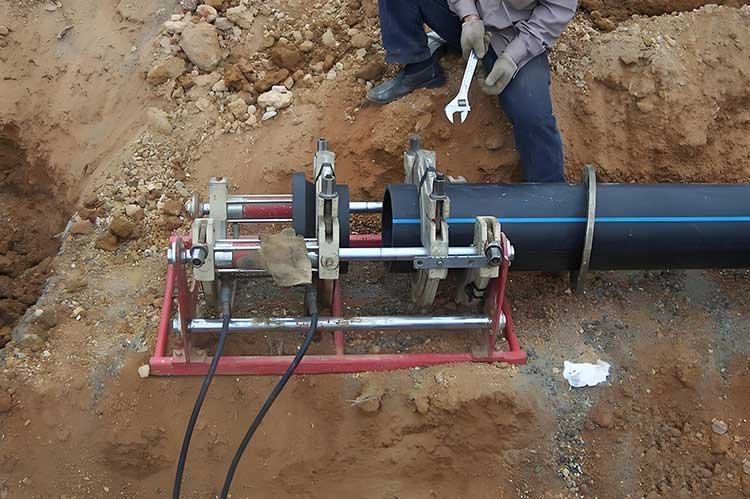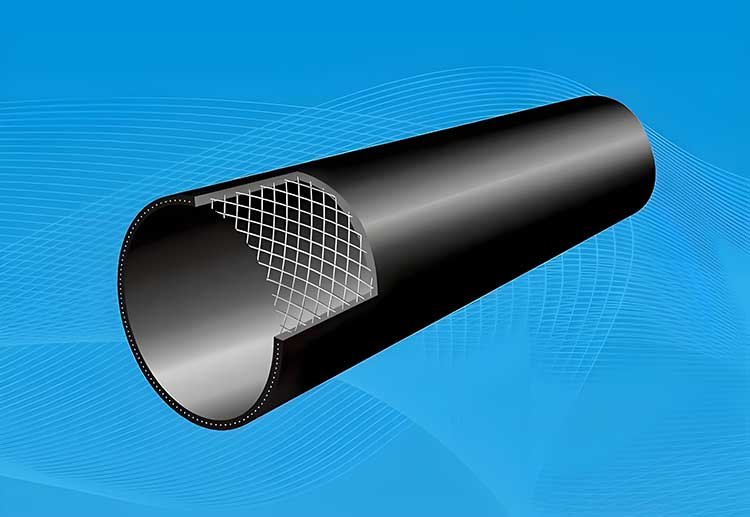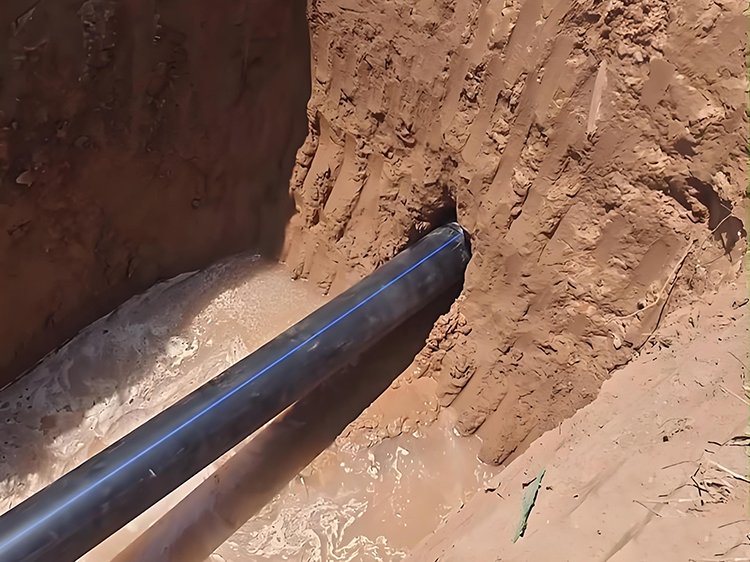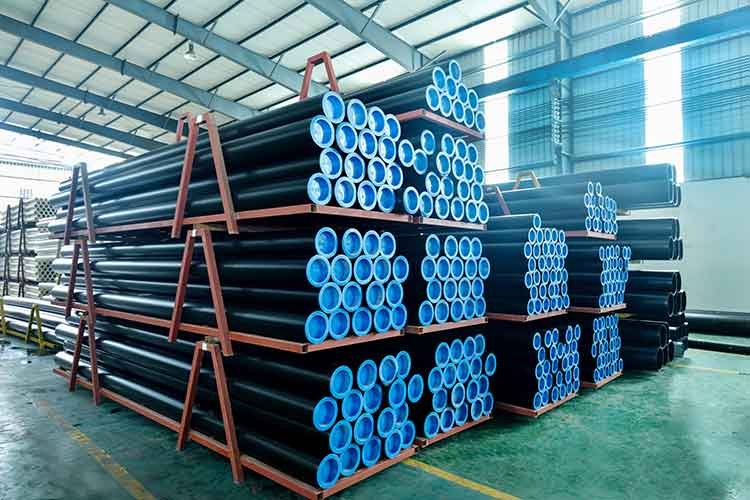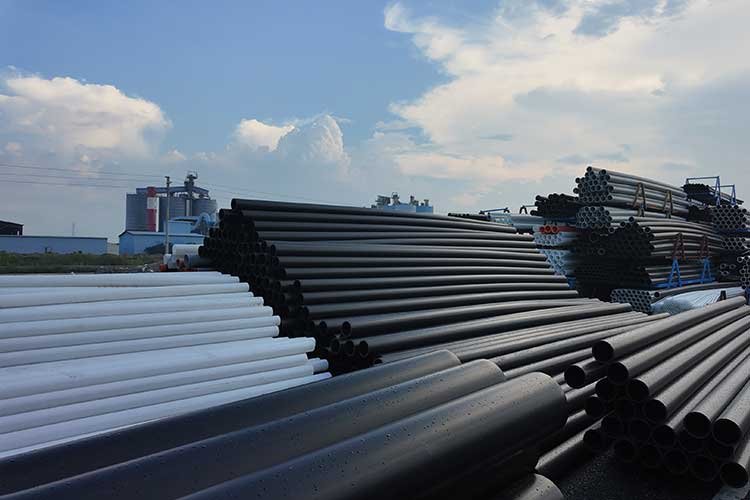Irrigation Pipe
Irrigation pipes are an indispensable part of modern agricultural irrigation systems. Their design and material selection directly affect the irrigation effect and resource utilization efficiency.
Send Your Inquiry Today
Irrigation Pipe Supply
Irrigation pipes are specially designed pipes used in agricultural irrigation systems to efficiently transport water from the water source to the root zone of crops. Pipeline systems are essential for optimizing water resource utilization, increasing crop yields, and achieving precision agriculture. Irrigation pipes must not only adapt to different terrain and soil conditions, but also consider the uniformity of water flow, minimization of pressure loss, and durability and ease of maintenance of the system.
Irrigation Pipe Main Features
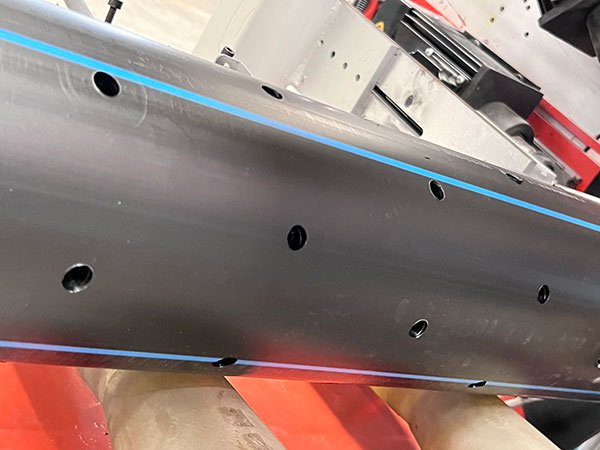
Irrigation Pipe Material Selection
Common irrigation pipe materials include:
Polyethylene (PE): Widely used in modern irrigation systems due to its good flexibility, corrosion resistance and economy.
High-density polyethylene (HDPE): With higher strength and rigidity, it is suitable for irrigation projects with more stringent requirements.
Polyvinyl chloride (PVC): Cost-effective, easy to install, suitable for fixed irrigation systems.
Aluminum or steel pipes: Although heavier and more expensive, they are still selected in some special cases (such as when extremely high pressure resistance is required).
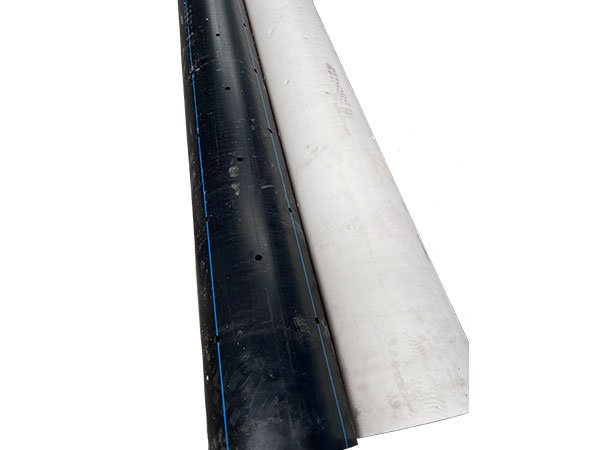
Applications of JUNTONG Irrigation Pipe
Drip irrigation system: Supply water slowly and precisely to the roots of plants through the drippers on the pipes, saving water and improving irrigation efficiency.
Sprinkler irrigation system: Use sprinkler heads to disperse water into fine droplets and spray them onto crops, simulating the natural rainfall process.
Micro sprinkler irrigation system: an irrigation method between drip irrigation and sprinkler irrigation, suitable for economic crops such as fruit trees and flowers.
Underground irrigation system: Pipes are buried underground to supply water directly to the root zone of crops, reducing evaporation losses, and is particularly suitable for arid areas.
Related Articles
What is PE Electrofusion Welding?
The most common PE pipe connection methods in pipeline installation include: heat fusion connection, electrofusion…
What is PE Steel Wire Mesh Composite Pipe?
Are you looking for plastics suitable for municipal water supply and drainage? PE steel wire…
Comprehensive Guide to Trenchless PE Pipe Technology
With the acceleration of global urbanization, municipal construction requires the laying and replacement of a…
Why use HDPE pipes in siphon drainage systems?
When it rains, you can hear a terrifying gurgling sound occasionally coming from the drainpipes,…
Pipe Specification Designation – Comprehensive Guide
Pipe specifications are commonly indicated using various methods such as DN, inch, D, Φ, De,…
How to calculate PE pipe wall thickness
PE pipes are widely used in urban water supply and drainage, gas, telecommunications, and power…
